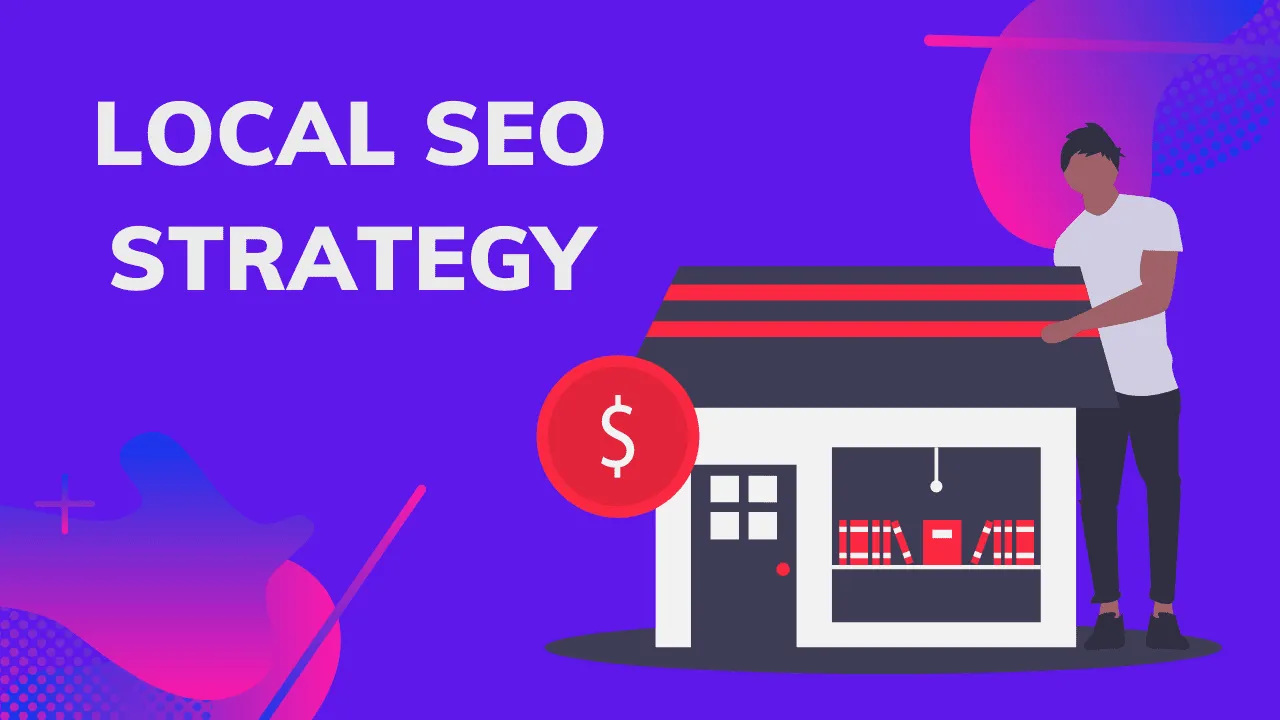Local SEO is a powerful way for businesses to connect with nearby customers searching for products or services in their area. Whether you own a restaurant, a retail shop, or a service-based business, implementing effective Local SEO strategies can drive foot traffic, boost online inquiries, and increase sales. Optimizing your online presence with the right Local SEO strategies ensures better visibility in local search results. Let’s dive into actionable Local SEO strategies to enhance your online visibility and attract nearby customers.
1. Activate and Enhance Your Listing on Google My Business (GMB)
Google My Business is your key to success with local search engine optimization.
- Claim Your Listing: Ensure you have control over your GMB profile. If you haven’t claimed it yet, do so immediately.
- Fill Out Every Detail: Add your business name, address, phone number (NAP), website, operating hours, and images of your business.
- Choose Relevant Categories: Select categories that accurately describe your business to help potential customers find you.
- Encourage Reviews: Positive reviews not only improve credibility but also boost local rankings.
- Pro Tip: Regularly update your GMB listing with new posts, offers, and announcements to keep it active and engaging.
2. Use Location-Specific Keywords
Your keyword strategy should include terms that highlight your location.
- Long-Tail Keywords: Use phrases like “best pizza in [city]” or “affordable plumbers near me.”
- Optimize Meta Tags: Make sure your headers, meta descriptions, and title tags contain local keywords.
- Incorporate Keywords Naturally: Add them to blog posts, service pages, and FAQs without keyword stuffing.
Example: If you own a bakery in Los Angeles, target keywords like “custom cakes Los Angeles” or “bakery near Hollywood.”
3. Optimize for Mobile Users
Mobile SEO is crucial because local searches are frequently conducted on mobile devices.
- Responsive Design: Ensure your website looks and functions well on all screen sizes.
- Fast Loading Times: To find and address slow-loading parts, use tools such as Google Page Speed Insights.
- Clickable Features: Make phone numbers, addresses, and CTAs (like “Call Now”) clickable for ease of use.
- Stat to Consider: Over 60% of local searches result in a purchase decision within a day don’t miss out on mobile customers.
4. Build Local Citations and Consistent NAP
Citations are references on other websites to your company’s name, address, and phone number.
- Ensure Consistency: Your NAP details should be identical across all platforms—GMB, social media, directories, and your website.
- List on Local Directories: Platforms like Yelp, TripAdvisor, and niche-specific directories improve local visibility.
- Focus on Hyperlocal Citations: List your business in city-specific or neighborhood-specific directories.
5. Create Locally Relevant Content
Publishing content that resonates with your local audience can enhance your SEO and brand presence.
- Blog About Local Topics: Write articles like “Top 5 Things to Do in [City]” or “How [Your Service] Benefits [City] Residents.”
- Highlight Community Involvement: Share updates about events, sponsorships, or collaborations in your area.
- Leverage Local News: Tie your content to local trends or news to gain relevance and visibility.
6. Optimize for Voice Search
Voice search is gaining traction, especially for local queries.
- Use Conversational Keywords: Optimize for natural, question-based phrases like “Where can I find the best coffee near me?”
- Focus on FAQs: Add a detailed FAQ section to your website targeting common customer queries.
- Ensure Quick Answers: Structured data markup can help your content appear as featured snippets.
7. Leverage Social Media for Local Engagement
Social media platforms can amplify your local SEO efforts by connecting you directly with your community.
- Geo-Targeted Ads: Use location-specific targeting options on platforms like Facebook and Instagram.
- Check-Ins and Tags: Encourage customers to check in or tag your business in their posts.
- Local Hashtags: Use hashtags like #[CityName][BusinessType], e.g., #DallasCafes or #SeattleAutoRepair.
- Pro Tip: Post regularly about local events, promotions, and behind-the-scenes glimpses to build a loyal local following.
8. Build Backlinks from Local Websites
High-quality backlinks signal to search engines that your business is trusted and relevant.
- Partner with Local Influencers: Collaborate with bloggers or influencers from your area for shoutouts or reviews.
- Join Local Organizations: Memberships in local chambers of commerce or community groups often come with backlinks.
- Sponsor Events: Sponsor local events or causes to get your name mentioned on their websites.
9. Focus on Reviews and Reputation Management
Online reviews can make or break your local SEO strategy.
- Ask for Reviews: After a positive interaction, politely request customers to leave reviews on platforms like Google, Yelp, or Facebook.
- Respond to Feedback: Reply to all reviews thank customers for positive ones and address any negative feedback professionally.
- Showcase Reviews: Highlight testimonials on your website to build trust.
10. Track and Adjust Your Strategy
Local SEO isn’t a one-time effort. Regular monitoring and adjustments are essential.
- Use Google Analytics: Track traffic sources and conversions from local searches.
- Monitor Rankings: Tools like Bright Local and SEMrush help track local keyword rankings.
- Adapt to Trends: Stay updated with Google algorithm changes and local SEO best practices.
Conclusion
Local SEO is revolutionary for companies looking to draw in local clients. For example, by implementing strategies like optimizing GMB, using local keywords, and engaging with your community, you can significantly improve your local search rankings. As a result, this can help draw more customers to your door. Moreover, these efforts ensure better visibility and stronger connections with your target audience.
Start small, and then track your progress, while continuously refining your efforts for long-term success. In fact, in today’s digital world, mastering local SEO is not just an option; rather, it’s a necessity for businesses that thrive on local patronage.
